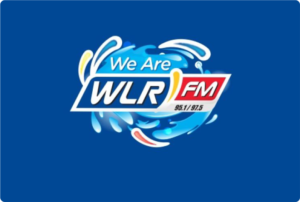
Reducing plastic pollution in the ocean is a critical environmental concern. Here are some tips to help minimise your contribution to this problem:
Reduce Single-Use Plastics:
Say no to plastic straws, disposable cutlery, and plastic bags. Instead, use reusable alternatives made of stainless steel, glass, or cloth.
Use Reusable Water Bottles and Containers:
Invest in a good-quality reusable water bottle and food containers. This reduces the need for single-use plastic bottles and containers.
Choose Eco-Friendly Packaging:
When shopping, choose products with minimal or eco-friendly packaging. Look for items with packaging that can be recycled or composted.
Recycle Properly:
Make sure to recycle plastics correctly and according to local recycling guidelines. Be aware of what types of plastics your local recycling program accepts.
Dispose of Trash Responsibly:
Never litter, especially in areas near rivers, lakes, and coastlines. Trash can easily find its way into the ocean.
Participate in Beach Cleanups:
Join or organize beach cleanup events in your area to help remove plastic waste from coastal areas.
Support Legislation and Initiatives:
Advocate for policies that reduce plastic use and promote recycling and responsible waste management.
Reduce Microplastics in Personal Care Products:
Check the ingredients of your personal care products and avoid those containing microplastics. Microbeads in products like exfoliating scrubs can end up in the ocean.
Choose Natural Fibres:
When buying clothes, opt for natural fibres like cotton, hemp, or wool over synthetic materials like polyester that shed microplastics when washed.
Properly Dispose of Fishing Gear:
If you’re a fisherman, ensure that you dispose of old or broken fishing gear, such as nets and lines, properly, so they don’t become ghost gear in the ocean.
Support Sustainable Seafood:
Choose seafood that is sustainably sourced to reduce the impact of overfishing and its associated plastic waste.
Educate and Raise Awareness:
Share information about plastic pollution and its impact on the environment with your friends and family to increase awareness and inspire others to act.
Organize or Participate in River Cleanup Events:
Many plastics enter the ocean from rivers. Get involved in cleaning up rivers and streams to prevent plastic waste from reaching the sea.
Use biodegradable Products:
Look for biodegradable alternatives for items like garbage bags and disposable tableware.
Reduce Food Waste:
Food packaging is a significant source of plastic waste. By reducing food waste, you can indirectly reduce plastic waste.
Support Organisations and Initiatives:
Contribute to or volunteer with organizations that focus on ocean conservation and plastic pollution prevention.


